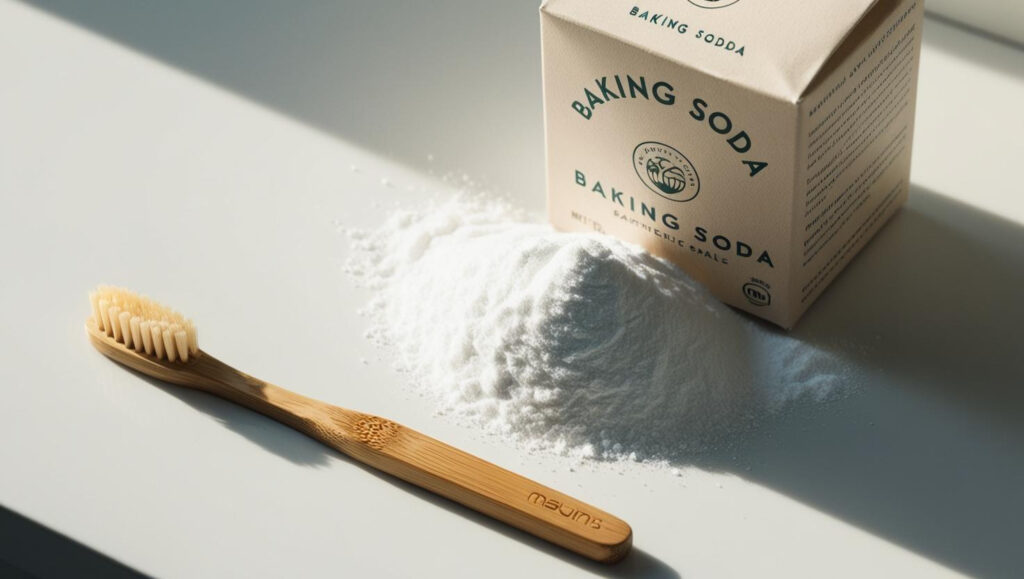While baking soda offers several benefits for oral health, it does not directly remineralize teeth in the same way that fluoride or hydroxyapatite do.
Here’s a breakdown of how baking soda affects your teeth and its role in remineralization:
How Baking Soda Helps Oral Health:
- Neutralizes Acids: Baking soda is alkaline and can neutralize harmful acids produced by bacteria in your mouth.These acids can erode tooth enamel, leading to demineralization and cavities. By neutralizing them, baking soda helps create a more favorable environment for natural remineralization to occur.
- Removes Plaque: Its mild abrasive properties help scrub away plaque, a film of bacteria that can contribute to enamel erosion.
- Whitens Teeth: Baking soda can help remove surface stains on teeth, leading to a brighter smile.
- Antibacterial Properties: It has been shown to have antibacterial effects, which can help protect against tooth decay and gum disease.
Why Baking Soda Doesn’t Directly Remineralize:
- Lack of Minerals: Remineralization is the process of depositing essential minerals like calcium and phosphate back into the tooth enamel. Baking soda itself does not contain these minerals in a form that can be directly incorporated into the enamel.
- Fluoride’s Role: Fluoride is a key ingredient in most remineralizing toothpastes because it helps attract these minerals to the weakened enamel and forms a more acid-resistant layer. Baking soda does not provide fluoride.
- Hydroxyapatite: Some newer toothpastes use hydroxyapatite, a mineral naturally found in teeth, to aid in remineralization. Baking soda does not contain hydroxyapatite.
Baking soda can indirectly support the remineralization process by neutralizing acids and removing plaque, creating a cleaner environment in your mouth. However, it does not provide the necessary minerals like fluoride or hydroxyapatite to directly rebuild weakened enamel.
For effective remineralization, it’s best to use toothpaste that contains fluoride or nano-hydroxyapatite and maintain good oral hygiene practices.




